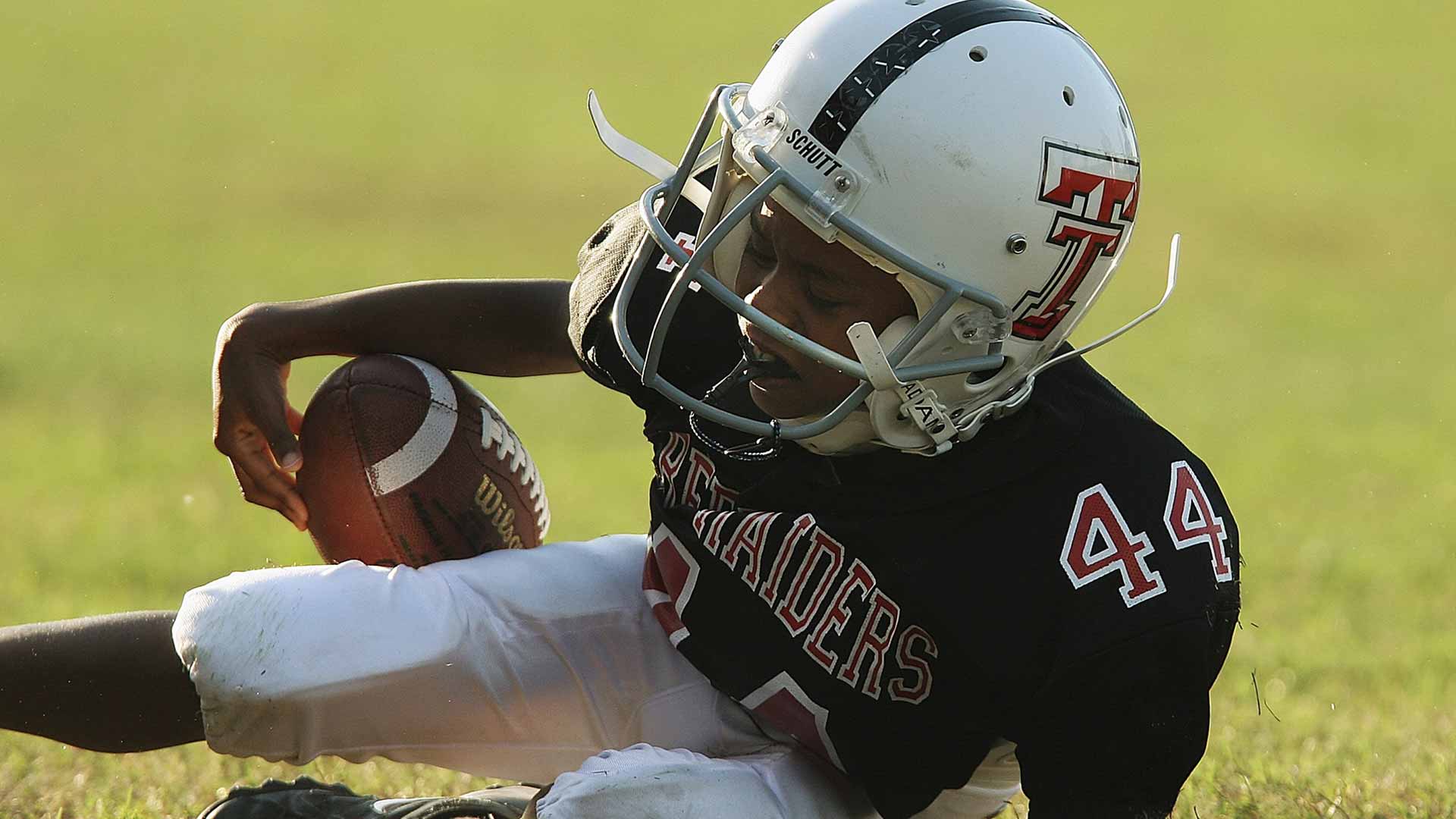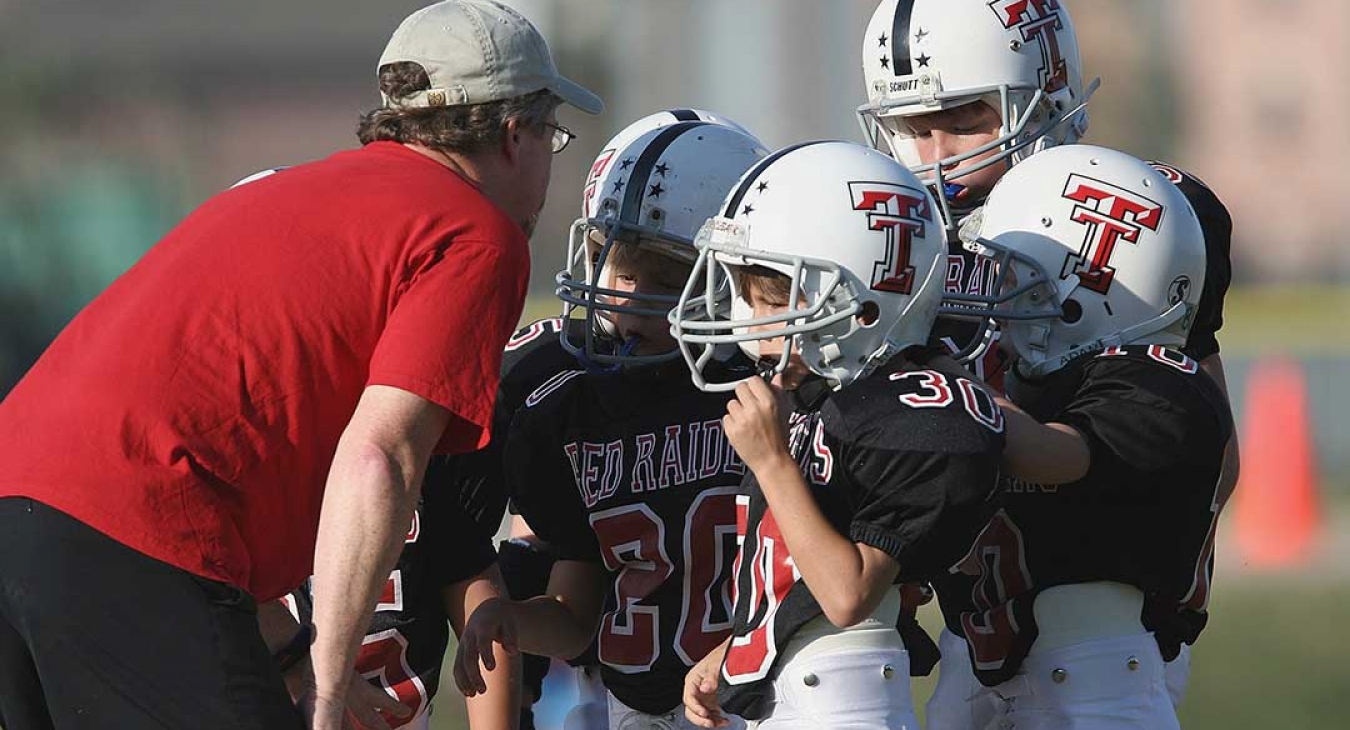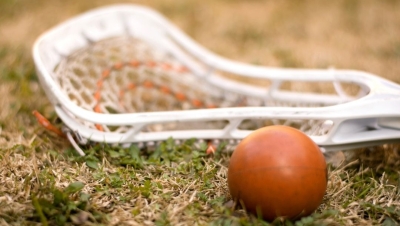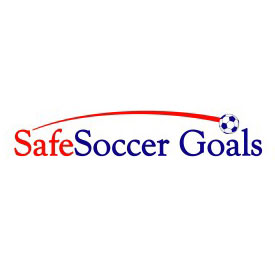Dentists Urge Children to Wear a Mouthguard When Playing Sports
A mouthguard is a protective and safeguarding device for the mouth that students or athletes wear during outdoor recreational activities. It covers the gums and teeth, protecting them from injury. Mouthguards also act as a barrier between the teeth and cheeks, which lowers the risk of soft tissue damage.
Mouthguards offer a safe, simple, and relatively inexpensive way to help dramatically decrease the risk of oral injuries. Almost all outdoor sport carries a risk of dental injury. These injuries can range from breaking or knocking out teeth to soft tissue injuries to other parts of the mouth like the tongue, lips, and cheeks, requiring emergency dental care.
Mouthguards lower the risk of injury.
Dentists always recommend that children wear a mouthguard when they indulge in a contact sport like football or rugby as playing such sports increases the risk of oral injury. A mouthguard covers the upper teeth and also protects the jaw and mouth.
Mouthguards are affordable and save money
Injury to the mouth, teeth, jaws, or all is painful and difficult for the child, but can also cause a significant dent in the pockets of parents. The cost of emergency dental care is much higher than investing in a mouthguard. In this case, prevention is definitely recommended.
Mouthguard for children with braces
If a child has braces or is undergoing orthodontic treatment, it is even more important that he or she wears a mouthguard while playing sports. Special mouth guards to protect both upper and lower teeth can be custom made by the dentist to accommodate the braces if a child is undergoing orthodontic treatment. It is imperative that children and teens with braces wear customized mouth guards to make sure the fit is right to avoid other problems.
A few things to keep in mind
Stock mouthguards aren't recommended for long-term use - Just like any other medical or health equipment, not all mouthguards are made equal. In this case, generic or cheaper isn’t always good. While stock mouthguards might be less expensive than custom-made mouthguards, they do not provide proper protection. They also may be too tight, uncomfortable, or loose to wear.
Take caring for mouthguards seriously
Keep the mouthguard clean - Regular washing, storing, and keeping your child's mouthguard clean is essential as bacteria might breed in the dark nooks and crannies of the guard. Dentists usually provide an appropriate container with a mouthguard. It is important that you teach your child how to care for and clean their mouthguard properly.
Replace mouthguards every 6 months - Parents must replace a child's mouthguards regularly on time as they tend to lose their shape, especially when they are used for more than 6 months. Set a reminder and also keep a check. See if the mouthguard fits properly and if it is loose, then change it even if it is before 6 months.
Dental trauma from sporting injury can include damage to the tooth nerve. It can also result in a broken jaw, a cracked or knocked-out tooth, or damage to the lips and tongue. The injury could also be even more serious. So, make sure that if your child plays any sort of sport where these types of injuries can occur, they wear a mouthguard.





















Add new comment